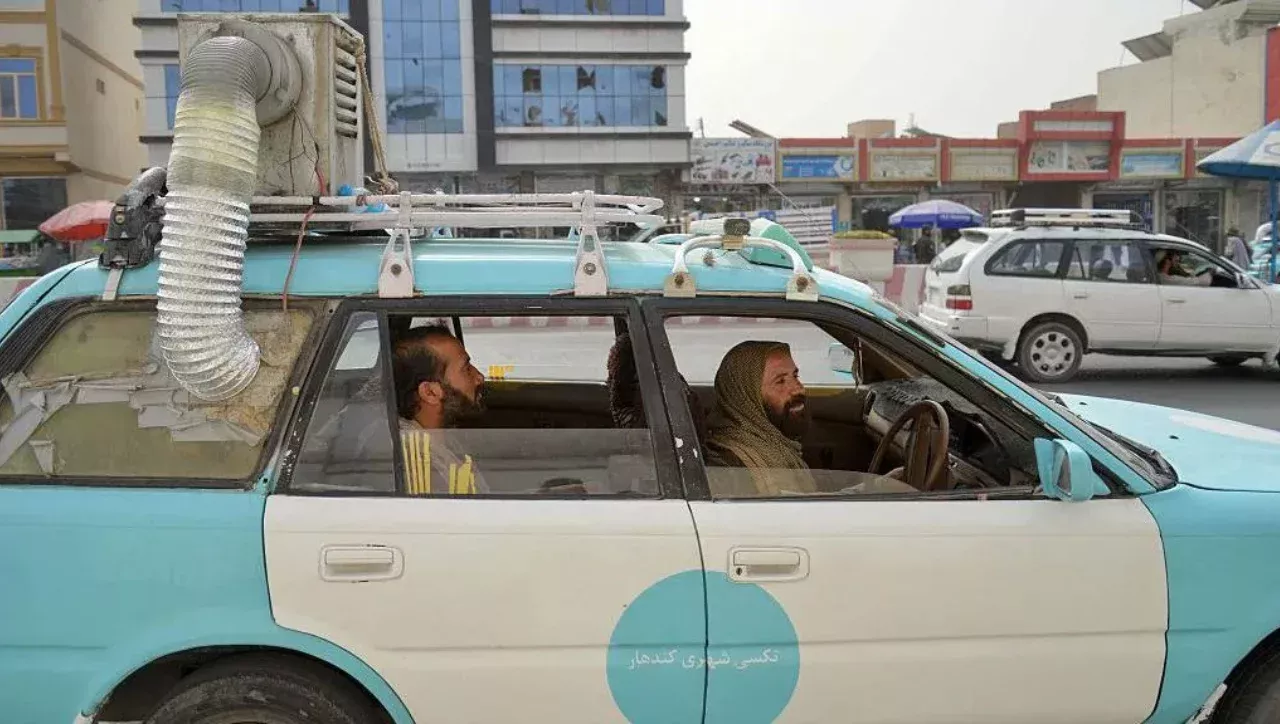Kandahar taxis have created a simple cooling system

A video report from the city of Kandahar has generated significant interest in the global internet space. This was reported by Zamin.uz.
It discusses how Afghan taxi drivers have created a new and creative cooling method in hot and dry climate conditions. Practical thinking of humans is of great importance in an environment where complex technologies and electricity supply are not constant.
In Kandahar, temperatures often exceed 40 degrees during the summer months. In such conditions, drivers have developed simple yet effective cooling systems.
Special barrel-shaped devices are placed on the top of yellow taxis in the city streets. These devices differ from conventional air conditioners and, according to the drivers, cool the entire cabin evenly.
A driver named Abdul Bari emphasizes that this device is better than an air conditioner. The device operates with water and needs to be filled with water twice a day.
Another driver, Gul Muhammad, states that he created a cheap and simple cooling system because the original air conditioner of the car was not working. He spent about 3000 Afghanis to prepare this device.
Passengers also approve of this method, stating that it provides more comfort in the heat. Recently, Afghanistan experienced the hottest spring, and drought is negatively affecting agriculture and livestock sectors.
The UN Food and Agriculture Organization reports that climate change is further worsening the humanitarian situation in the country. Since the Taliban came to power, Afghanistan has been sidelined from international negotiations on climate change, which is reducing the chances of receiving aid.
Nevertheless, the Afghan people's creative approach and practical solutions demonstrate the power of human intellect and hope. The makeshift cooling devices created by Kandahar drivers using water and barrels not only protect against heat but also symbolize hope for the future.
This situation proves that simple and inexpensive solutions are also of great importance in the fight against global problems such as climate change







